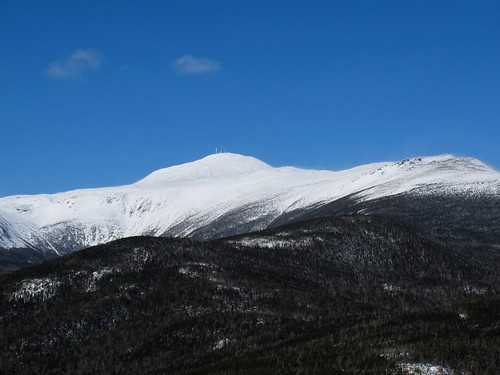Insurance? hah!
In the future we may need hiker's insurance to cover such things

In an effort to avoid the Scott Mason problem (and the situation described by peakbagger) of *other people* panicing and calling F&G, I broke down and recently bought an InReach 2-way communicator (similar to SPOT, but you can send pre-programmed non-emergency messages w/o a second electronic device. I hate depending on multiple electronic gizmos)
The purpose is so that I can periodically send "I'm OK" messages to keep the spouse from calling out the guard. If I could super-glue the SOS button, I would. The only time the SOS function will be needed is when I've lost consciousness, and can't push it.
When I looked into it, the SOS function also includes an added-cost "Insurance" option, which is what I expect the "just set up an insurance system" folks are lobbying for. Even though it wasn't terribly expensive, I took a big ol' pass on the pile of crap: If you actually read the agreement, they are authorized to spend whatever they think is reasonable, and then after the fact, decide that you are at fault and refuse to pay. Using the same sort of criteria that was used to bill Ms Horgan: "bad weather predicted". Heck, I do most of my hiking in the White Mountains. There's ALWAYS bad weather, predicted or actual. And good weather. And no real correlation. Would a prediction of snow and cold in the winter be considered "bad weather"?
Enough about the "insurance". How does it work to prevent other people panicing?
So Cool Story Bro time. I was testing this gizmo out this weekend while hiking on Saturday (with Julie and others) and Sunday (Solo), and I totally got to use the "please don't panic function". My original plan for Sunday assumed a early morning start, and a 3 hour-round trip up Wildcat D (ok, if you've done this hike, you can call me stupid at the end of the story), and then I'd be home mid-afternoon (4PM or so).
I had a lovely night's sleep in the rain, and wasn't particularly quick cooking up breakfast and getting camp torn down. So I got to the trailhead an hour or so later than I had planned (first big delay)
But the rain Saturday night made the Ellis River uncrossable above the falls (I could have put on the water shoes and waded, but that was really intended for if the river came up during the day, not as a way to start the hike). So I diverted up to PNVC to take the Lost Pond Trail. This adds 1.8 miles to the RT, and the 2 hour ascent becomes 3 hours. And I think the guidebook says something about "the Wildcat Ridge trail to the E Peak is steeper and rougher than the distance and elevation would suggest". Yeah, about that. I sometimes wonder if the people who routed the AT were pranking us.... this makes the descent waaaayy slower than usual. So the descent was also 3 hours, not the 1 1/2 you might expect from the numbers. So I'm at least 3 hours behind schedule.
So, I'm headed on the Lost Pond Trail at about the same time I was originally expecting to be nearly home. And there's no cell service in that area. But by pushing the "I'm running late, don't worry, I'm OK" button, I was able to send an e-mail & text message to make sure the spouse didn't panic.
Of course, her cell phone was plugged into the charger in the car, so she never got the text. But that's another story... And this thing appears to eat AAs for breakfast, lunch, and dinner. I'm also not impressed with the (in)ability to send messages with ANY tree cover. Like I'm going to get to choose where I get injured? But, if she had decided to notice I hadn't phoned, hopefully she would have looked at the cell phone and seen the text.
Oh, and the views on Sunday stunk.

